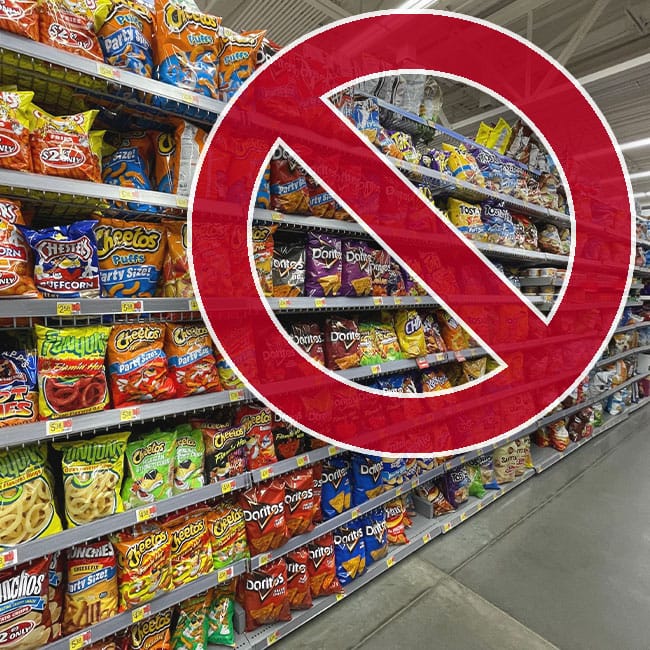This is an archived article and the information in the story may be outdated. Please check the time stamp on the story to see when it was updated last.
High blood pressure is a common health condition which often reveals no symptoms but can lead to worsened issues over time such as heart disease and stroke. Stemming from a number of causes from lack of physical exercise to an unhealthy diet, it’s important to stay aware of this potentially dangerous condition and tailor your diet accordingly to aid in lowering your blood pressure for a longer life.
Considering that certain foods can have a more negative effect on your blood pressure than others, it can be useful to be aware of the impact your diet may be having on your health in order to improve your quality of life and overall well being. If you’ve recently learned from a healthcare professional that high blood pressure is something you’re struggling with or at risk for, there’s one seasoning in particular you should drastically reduce in your diet to optimize your eating plan and preserve your well being, reducing your risk of a worsened health condition over time.


Sodium is one mineral which can have a major impact on your wellness as a whole, particularly in relation to blood pressure. Therefore, a diet which is high in salt could be putting your body at risk, causing hypertension or aggravating the issue if you’re already struggling. “Excessive salt consumption can worsen high blood pressure by leading to excess fluid retention in the body which can increase your overall blood pressure,” explains Ricci-Lee Hotz, MS, RD, and Expert at Testing.com.
It can be easy to overdo your sodium intake as salt pairs well with most meals and is often a prominent ingredient in pre-made items, but staying aware of high-sodium items is one of the best first steps to take when looking to reduce your blood pressure and even minimize inflammation in the body.
Unfortunately sodium can be found in many typically ‘healthy’ foods which can make it difficult to know exactly which areas to cut back on in your diet. “Many pre-prepared foods, processed meats/deli meats, broths, and canned soups, as well as restaurant foods, are loaded with extra salt which can have a negative impact on your blood pressure,” says Hotz. “Fatty meats and deep-fried foods can also negatively impact blood pressure by clogging up the circulatory system over time and making it harder for blood to pump through the system.”
That being said, it's always a good idea to make as many meals as possible from scratch when working to improve your health so you know exactly what ingredients are going into your body. When you’re cooking your own meals you can make a concerted effort to limit the amount of salt you’re adding to any given recipe in favor of other seasonings that may not have as much of a negative impact on your health.

However, it is important to note that your body does require a certain amount of sodium to function properly, so cutting all salt from your diet may also have a collection of negative side effects. “You need between 1500 to a maximum of 2400 mg of sodium a day,” says Hotz. “While this may seem like a lot, 1 teaspoon of salt contains 2300 mg of sodium. You will likely get salt naturally in your diet unless you only consume whole foods. Choosing low sodium options can be helpful in managing total sodium intake.”
Some foods which can provide a healthy dose of sodium to your diet without overdoing it include beans and lentils, nuts and seeds, and even canned vegetables. Instead of adding excess salt to already sodium rich foods, consider cooking with spices such as garlic, black pepper, cumin, basil, or oregano for a nice kick of flavor.
Hypertension is a health condition which should be taken seriously, and limiting the amount of salt you’re adding to your cooking can make a profound difference in improving your well being over time. By making healthy swaps for other seasonings and choosing lower-sodium foods to include in your diet you will be able to effectively manage your blood pressure without depriving your body of the essential nutrient that is sodium.
Staying aware of everything you’re putting into your body will ultimately allow you to maintain a healthier lifestyle, and cooking from home will provide you with the flexibility to control how much salt you’re including in your diet so as not to overdo it. Salt is still a valuable seasoning to keep in your cabinet, but when it comes to high blood pressure, keeping it to a minimum is the way to go.


























